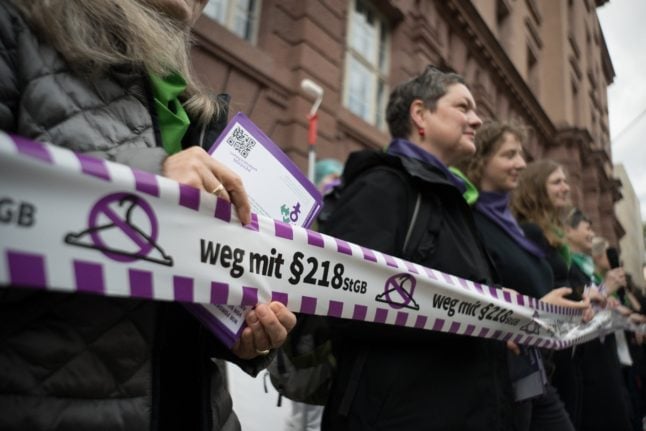Relations between German Chancellor Angela Merkel and now ex-President of France, Sarkozy were very close, with Merkel campaigning for her conservative brother-in-arms.
But now socialist Hollande will take his place in the spotlight of European politics after snagging 3.4 percent more of France’s votes. Merkel immediately invited him for a visit, but also flexed her political muscles, telling the press that the Germany-led European austerity programme was not up for discussion.
One of Hollande’s main election campaign points was to change the austerity pact imposing strict austerity measures on financially flailing EU member states such as Greece. He wants increased government spending to encourage economic growth.
The future of the Germany’s friendship with France is being dissected by German press, with some pushing for the two to put their differences aside in the name of the greater good.
Regional newspaper the Frankfurter Rundschau suggested that the French election had forced the German people to consider their country’s role in Europe and made them more European in the process – whether they liked it or not.
The election was so important, the paper said, that Merkel was more concerned about it than the reduction of her power at home as her Christian Democratic Union haemorrhaged votes on the same day in the state election in Schleswig Holstein.
Bavarian paper the Münchner Merkur was less diplomatic, saying that France and Greece – whose far-right party won a bucketful of seats on Sunday – had opted to bow out of the “iron austerity chancellor’s plan for Europe, without showing any alternative.”
France, the article added, had set itself on “the crazy path of socialism.” And Greece had chosen ultra-conservatism, as the neo-Nazi party “Golden Dawn” won seven percent of the country’s votes, putting them on course for at least 20 seats in parliament.
The Darmstädter Echo echoed the Merkur’s sentiments, saying that France had declared war against Merkel and her financial policies by voting in Hollande. The axis on which Europe was spinning “has to be readjusted,” it concluded.
Over in eastern Germany, the Sächsiche Zeitung took a broader look at relations between the two leaders. It, like much of the German press, stressed the importance for Merkel and Hollande to find common ground, and that “there is enough room for compromise” between their ideas.
In the national press, Die Welt mused over how it would take some time before the future of Franco-German relations becomes clear. The vote signalled a dissolving of an unofficial coalition and that if no compromise can be found, the risk of France creating a union with southern European countries – out of sight of Germany – could become real.
Weekly magazine Der Spiegel threw Greece into the mix, suggesting the chaotic situation and the steady rise of the far-right should be reason enough for France and Germany to try particularly hard to find common ground, and work together.
“Hollande will be a difficult partner for Merkel, but he will find out that she can be difficult too,” the article said, adding that working against each other would not be a good idea for either.
Meanwhile, the Frankfurter Allgemeine Zeitung eased off Merkel and turned to Hollande himself, pointing out that it was his sheer “persistence” that pushed him to the top and that the new president would be thrown straight into the deep end – with a G8 meet-up and a NATO summit looming, Hollande has just a few days to get settled into his new role.
The Local/jcw



 Please whitelist us to continue reading.
Please whitelist us to continue reading.
Member comments